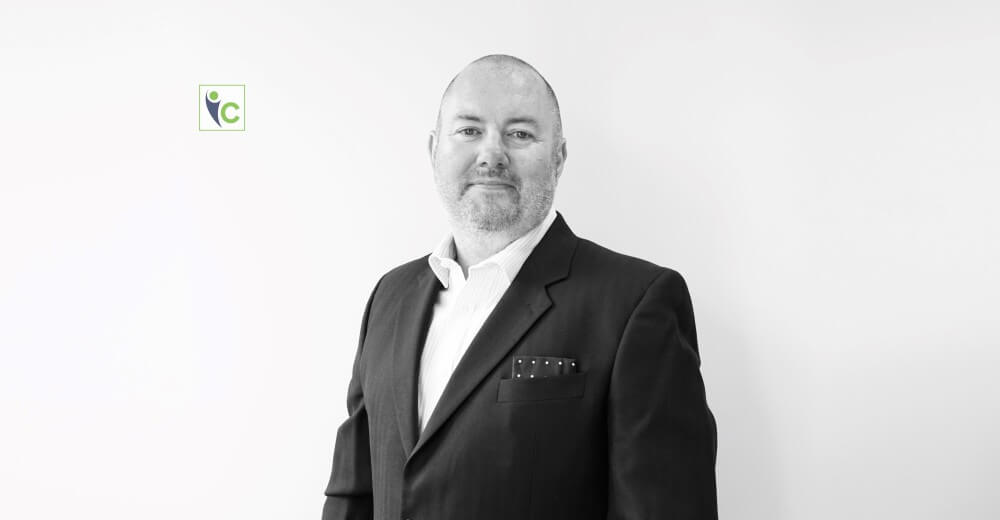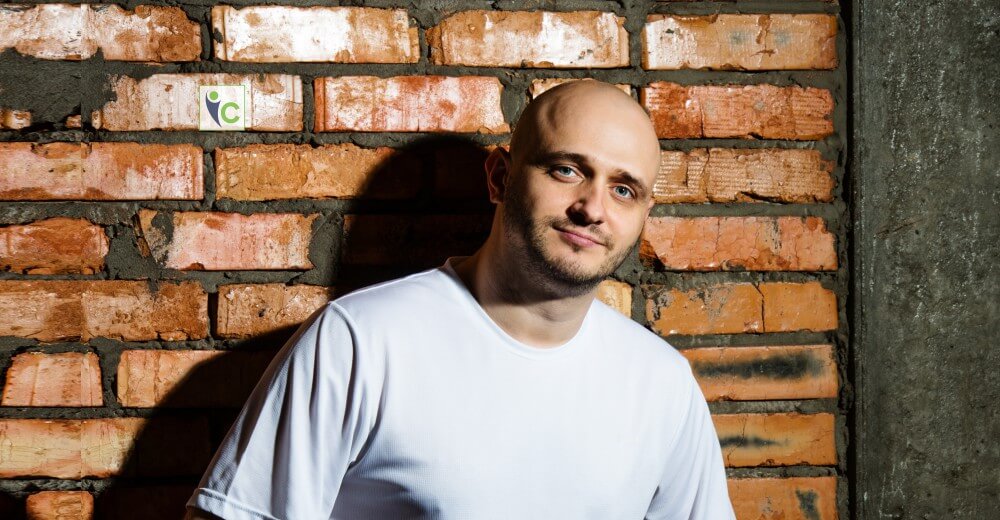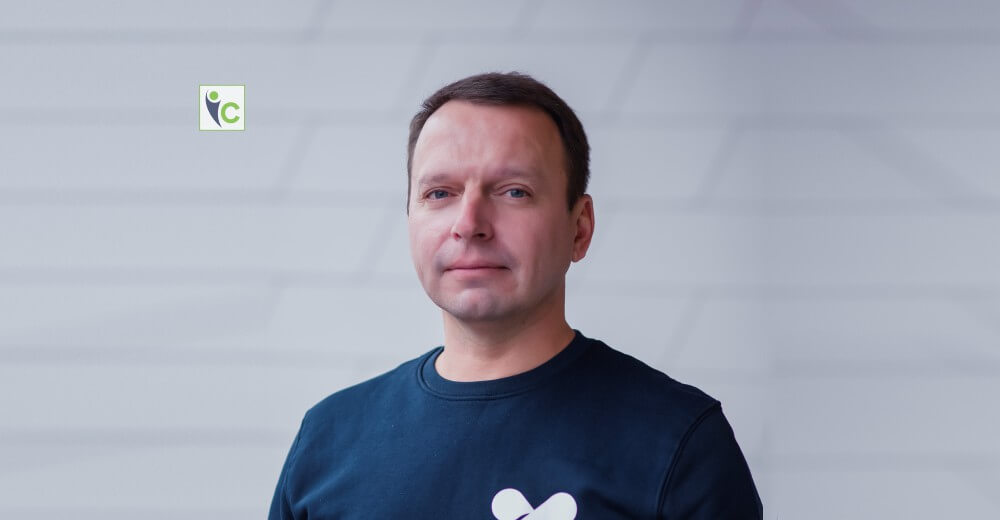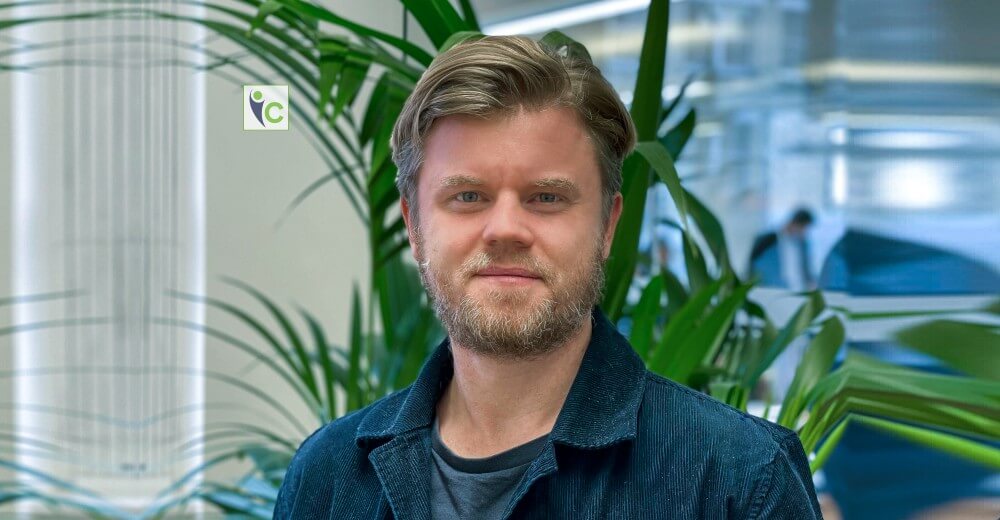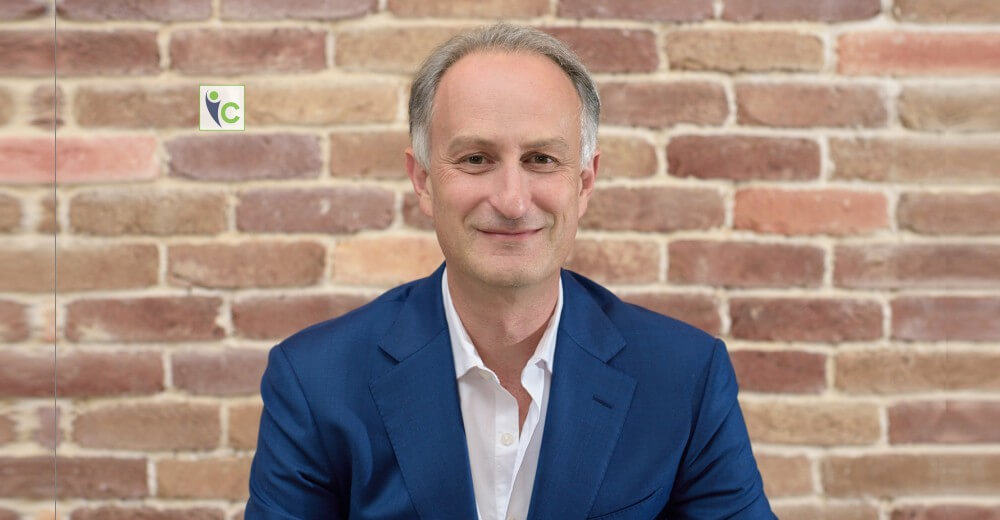Healthcare services at home were once considered to be a luxury that only rich people could afford. Today, however, this picture has been changed with the greater reach of technology.
We are living in an era of healthcare digitization, thanks to technological advancements and availability. Technology has been the primary driving force behind the evolution of homecare service space.
Homecare service is a broad term where professional medical services and social care are provided in the comfort of your own home for a short or extended amount of time with the help of technologies like AI and ML. With access to technology, it has become easier to provide health care services not for ageing people only, but also for the people with special needs or disabilities.
Due to increasing demands from an aging population and stretched population, the demand for home care is increasing with each passing day, and Lilli is here to cater to this demand with its advanced services. Lilli is a UK based company that uses advanced technology to provide home care services.
In the following interview, Gren Paull, the CEO of Lilli sheds light on the journey of his company, its offerings, and how technology is leveraging home care services with advanced solutions.
Please brief our audience about your company, its values, mission, and the aspects that make it a global healthcare brand.
Lilli is built on the belief that everyone should have the choice to live happily, safely, and independently in their own home. It combines machine learning (ML), behavioral analytics, and sensor technology in a cloud-based solution that addresses one of society’s most pressing problems – how to provide home care at a time of stretched resources?
Using non-intrusive ML and artificial intelligence (AI) technology, a person’s typical habits and regular patterns can be identified, generating useful insights and analysis, highlighting a person’s progress, deterioration, or any potential causes of concern. By identifying a problem early, these can be addressed proactively before a condition escalates.
Lilli is committed to driving real change in the health and care sector, by providing data and insights to support frontline care resources, allowing them to better manage resources and provide to those that need care much more effectively, and safely. Our mission is very much focused on leading the shift in the industry here in the UK and globally from a reactive to a preventative care model.
Tell us more about your offerings and the aspects that make your company different from its competitors.
Our focus is on serving the people who require care and the services that provide it. In the UK for example, the number of people living with self-limiting conditions is increasing and this is placing an even greater strain on national health and social care resources.
The requirement for round-the-clock monitoring for people who need care, combined with the significant shortages of staff across the sector, is a huge challenge and caring for an ageing population will only become more demanding over the next decade.
We differ from our competitors in our goal to lead the shift in the care technology market from a reactive needs-based service, where we can actively predict and prevent incidents and accidents that derive from a decline in health before they happen, and therefore also reduce the strain on our overstretched health and care services.
Gren, please brief us about your professional journey in the healthcare industry, and your contribution towards the company’s success.
I’ve not always been in healthcare, but for a large part of my career, I’ve been helping to build fast-growing ethical businesses. My last tenure was with a company called Visionable, which developed intuitive technology that gave healthcare teams the ability to redesign the way they work together. It was here where I fell in love with the healthcare sector and saw the scale of problems it faces.
In my view, the people who work in healthcare are the best of the best, whether they’re a hospital porter moving people around, or neurosurgeons performing life changing operations and everyone in between. These are the people who look after us and our loved ones, so it is our duty to make their lives easier and that’s exactly what we are trying to do here at Lilli.
I would argue that my biggest contribution to the company’s success is hiring the right talented people who share our mission. By giving them the freedom to operate, I’ve been able to watch them and Lilli flourish in such a short space of time.
What is your opinion on the impact of the current pandemic on the global healthcare sector, and what challenges did you face during the pandemic and subsequent lockdowns?
The global impact of the pandemic has been devastating on so many levels. Here in the UK, the social care system was already under a lot of pressure, suffering a lack of resources, technology, and information. COVID-19 and the lockdowns added even more pressure and highlighted the urgent need for change within our National Health Service and social care system.
For Lilli, the pandemic reinforced its mission of pushing the business to focus even harder on making a positive and lasting change. The UK’s ageing population and the yet-to-be-seen effects of long COVID-19 are going to add additional strain to the nation’s health and care resources.
However, we at Lilli are now in a great position to provide the data to support front-line care resources, allowing them to care for and manage those that need care much more effectively, and safely. This in turn can increase the number of people that can be cared for without reducing the quality-of-care provision. The technology solutions of Lilli will prove essential to getting the country’s health and social care services back on track.
With constant development in technologies, in your opinion, what could be the future of the healthcare industry, and how are you planning to adapt to that future?
Technology has a vital role to play in the future success of healthcare delivery. At Lilli, our aim is to play a huge part by helping to improve the health and social care sector by supporting a better and more efficient way of delivering care.
This is a key to not only improving the quality of care received by those who need it, but also for delivering much-needed resource and cost efficiencies for example to UK local councils, benefits which can also be felt by NHS trusts when considering the associated wider healthcare costs from a long neglected social care system.
Fortunately, a new breed of technology innovators is coming to the fore, with pilot schemes rolling out that reflect real ingenuity and creative thinking in tackling the issues facing the sector.
For example, remote behavioral monitoring technology that uses data obtained through sensors, placed around the home which track factors such as movement, temperature, continence, and sustenance combined with AI and ML to deliver real-time data-based insights to care providers. This leaves them better informed in the decisions they make and has the opportunity to completely transform the future of health and social care systems for the better.
As an established leader, what would be your advice to the budding entrepreneurs and professionals aspiring to venture into the healthcare space?
Healthcare doesn’t often change quickly because systems can be so complex and have so many stakeholders and moving parts involved, so budding entrepreneurs need to be very passionate about the change they can enact while also being extremely patient and understanding when it comes to the pressures that the sector faces. In the UK, we have a very disjointed and fragmented health and social care system, though no fault of its own, it sadly portrays some genuinely heart-breaking inequalities across the country.
Entrepreneurs must be determined, whilst understanding that there’s a process in healthcare and due to the sheer size of these organizations, unfortunately no matter what you do, you’re not going to speed that up overnight. However, that being said, it doesn’t mean that we should stop trying and I’m more than hopeful that the rate of positive change is only increasing.
How do you envision scaling your organization’s operations and offerings in 2022?
We are going to be in an execution phase in 2022, where we will be looking to extend our offerings to local councils, home care providers, and housing associations. In particular, we are putting an emphasis on reaching out to those areas, where there is a deficit in care provision. By deploying our solution to support vulnerable people living in their own homes independently and for longer, we can help prevent them having to be placed into residential care.
We’re also going to explore pilot schemes in Europe next year as well, where there are countries that have same needs that we have in the UK, but they don’t have access to technology like Lilli’s that can help them. Looking ahead, we are also discussing plans to launch in the United States in the future as well.






